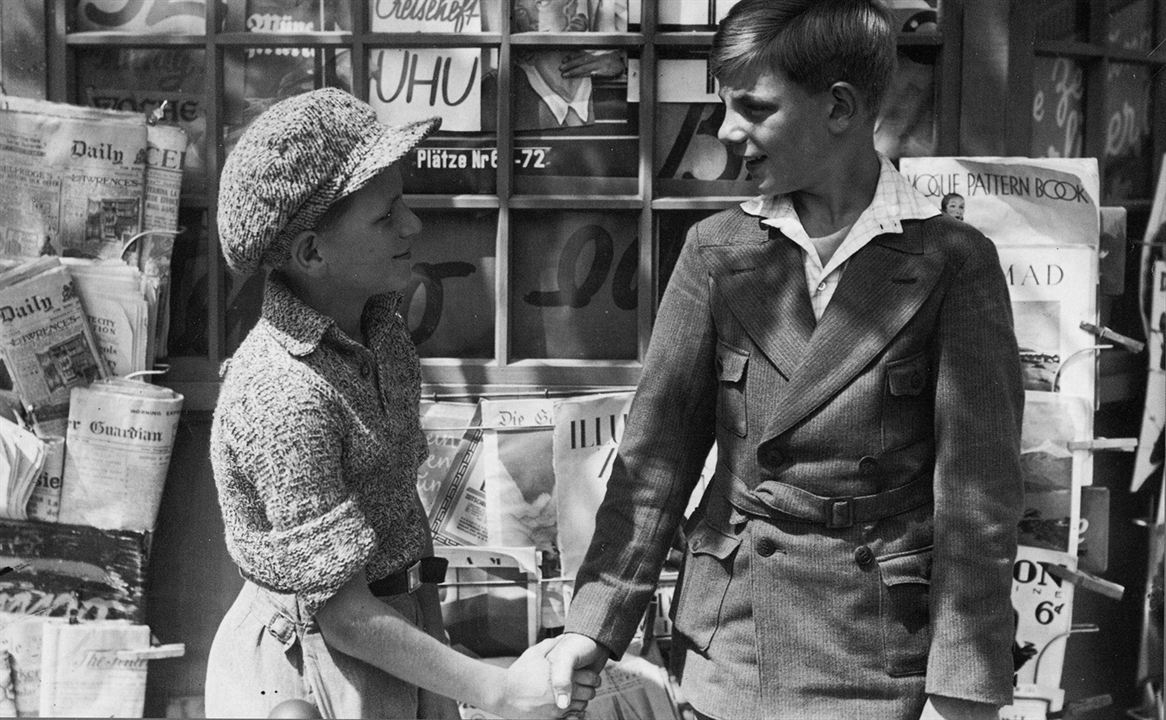As opposed to dating, that will see you ghosted even after meeting, matchmakers leave you viewpoints
On the 7 years since Tinder’s access onto the relationship scene during the 2012, it has got went away from perimeter novelty to intimate ubiquity; inside 24 months out of launching, it actually was viewing 1bn swipes day. Other software provides also unbelievable stats: from inside the 2018, Bumble’s around the globe brand manager shown they had over twenty six billion users and you will a confirmed 20,100000 marriage ceremonies.
It’s a long way off from the notably less upbeat impulse Tinder received whether it circulated. Many acclaimed it as the termination of romance by itself. Inside a today infamous Vanity Fair article, Nancy Jo Sales also went as far as to suggest they create usher in new “matchmaking apocalypse”.
So it scepticism, certainly, did not have a lot of a direct impact. Bumble’s marriages are not an effective fluke; even though figures vary, a recent study regarding the University of the latest Mexico found conference on line had eventually overtaken fulfilling as a result of friends, having 39% away from American partners basic linking due to an application.
But not, a new study, authored history month about Log out-of Public and personal Matchmaking, was smaller self-confident, selecting compulsive play with produced swipers feel lonelier than simply it performed inside the first put. This was particularly harmful to people who have lowest care about-esteem: the shorter confident individuals is, the greater fanatical the play with – therefore the worse they felt at the end of it.
It echoes what is actually believed by many profiles. Because internet-situated dating sites such as Matches, which programs enjoys mostly superceded, aren’t rather than issues, swipe-built software possess put with them a special layer out of anxiety, compelling progressively more profiles to statement malaise.
In  reality swipe weakness keeps caused particular daters to test a keen analog means. A short while ago, when Tindermania was a student in full swing, checking out an excellent matchmaker could have featured dated at the best, tragic at worst. Into the 2019, the has never only been successful however, thrived: gone is actually matchmaking’s fusty visualize, substituted for Instagram-deserving, blush-red branding and a comprehensive ethos.
reality swipe weakness keeps caused particular daters to test a keen analog means. A short while ago, when Tindermania was a student in full swing, checking out an excellent matchmaker could have featured dated at the best, tragic at worst. Into the 2019, the has never only been successful however, thrived: gone is actually matchmaking’s fusty visualize, substituted for Instagram-deserving, blush-red branding and a comprehensive ethos.
Caroline Brealey dependent Common Attraction, a great London-dependent matchmaking provider, 7 years ago; subsequently, she says, the company has actually viewed a remarkable escalation in more youthful subscribers. Folks are sick of the web experience, she believes, remaining jaded with what they discover as the transactional characteristics. “Among the many secret variations having relationships try you might be doing work you to on a single,” she states.
A level young group – student people – and is apparently worrying all about its probability of seeking like on the web. The marriage Pact project, first composed during the Stanford being rolling off to other universities in addition to Oxford, aims to add a great “relationship copy bundle” for college students, with people coordinated out-of through a survey and algorithm. Having one to participant gloomily listing on the Fb you to definitely the lady Relationships Pact spouse had not actually taken care of immediately a pal demand, this service membership may well not promote a soft way to eternal love, often. But with almost 5,one hundred thousand pupils registering into the Stanford alone, it will indicate that even carefree, digital-earliest young people are concerned regarding their online applicants and need an app-free option.
Crucially, they merely meets you with folks who happen to be definitely looking a romance
Very facing all this gloom, what exactly is it which makes Tinder, Bumble while the rest therefore constantly persuasive? “Tinder will not in fact introduce things drastically the fresh new,” teaches you Michael Gratzke, settee of one’s Love Lookup System, based within College or university out of Hull. Dating applications, Gratzke claims, closely copy the way we generate snap behavior in the people in real world: “As soon as we enter into a bedroom, it entails mere seconds so you can sort who we come across.”